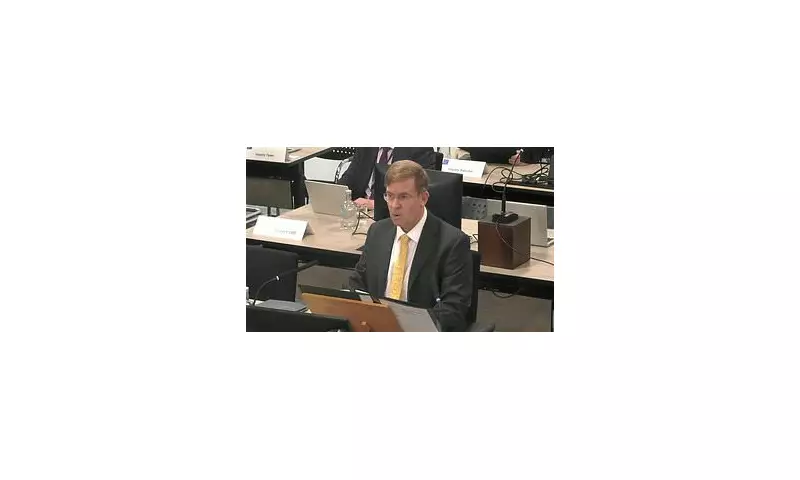
A public inquiry has heard disturbing revelations about undercover police officers who systematically stole the identities of dead children to infiltrate environmental and political protest groups.
The investigation uncovered how officers from now-disbanded units including the Special Demonstration Squad and National Public Order Intelligence Unit created elaborate fake personas using the names and birth records of deceased children.
The Chilling Deception
One officer, known only as 'N81', admitted to using the identity of a child who died in the 1970s. He maintained this false identity for four years while infiltrating anti-racist groups in London during the 1990s.
Even more troubling was the revelation that these officers formed intimate relationships with women in the activist communities they were monitoring. N81 confessed to sleeping with at least two women while operating under his stolen identity.
Systematic Betrayal of Trust
The inquiry heard how this practice wasn't isolated but represented a systematic approach within undercover policing. Officers would:
- Search registry records for children who died young
- Adopt their exact names and birth details
- Build complete false lives around these stolen identities
- Use these personas to gain trust within activist circles
Emotional Fallout and Lasting Damage
Women who unknowingly formed relationships with these officers described the profound psychological trauma of discovering their partners were police spies. One victim told the inquiry she felt 'raped by the state' upon learning the truth.
The practice raises serious questions about police ethics and the boundaries of legitimate surveillance. Many now question whether such invasive methods can ever be justified, regardless of the intelligence gathered.
Ongoing Investigation and Accountability
The Undercover Policing Inquiry, chaired by Sir John Mitting, continues to examine the full extent of these operations. The inquiry has already exposed multiple instances of officers deceiving women into long-term relationships.
As more evidence emerges, pressure grows for accountability and reform within police surveillance units to prevent such ethical breaches from occurring again.





